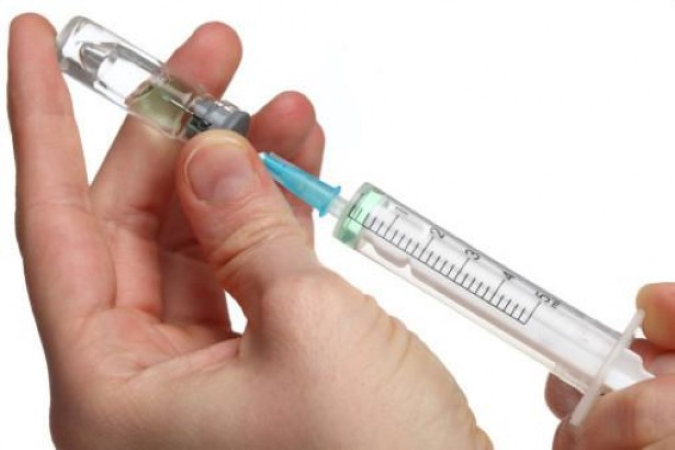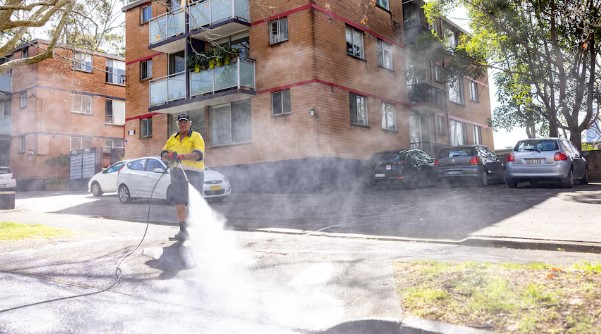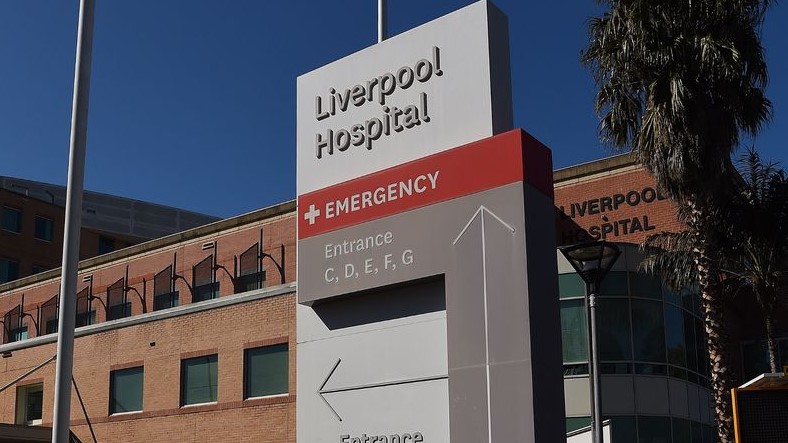10
Aug 2017
The Next Level for the RCH Immunisation Team
Published in News on August 10, 2017

Immunisation should be an important part of any child’s health care. Royal Children’s Hospital Melbourne (RCH) staff member Sonja Elia is now an endorsed nurse practitioner with a specialization in immunisation. She is one of only three nurse practitioners in the field of immunisation in Australia, and this is a first for the RCH immunisation team.
Sonja can now give special risk vaccines to patients without the need for other medical staff to write the prescription for her. These special risk vaccines include Meningococcal ACWY, Hepatitis A, and Meningococcal B.
This endorsement allows the immunisation team at RCH to deliver services to patients more quickly and offer a better continuity of care for their patients.
“This will have a hugely positive effect on our service, particularly for our special risk patients, so we are very excited,” Sonja said.
“Immunisation is an ideal area to have a nurse practitioner as it is becoming more complex and the number of special risk vaccines we offer continues to increase.
“It’s going to make a really positive difference to the way we care for our patients.”
The immunisation service at the Royal Children’s Hospital was established in March of 2001. They provide regular vaccines such as the 2017 Influenza Vaccine, including one for patients under the age of three years. Nurse Practitioner Sonja Elia is the Manager of the program.
Why is Immunisation So Important?
Vaccinating your child is an excellent way to protect them from diseases that could lead to serious complications. These complications can include leg or arm paralysis, hearing loss, convulsion, brain damage, or death.
Diseases that we can prevent with vaccines, like measles, mumps, and whooping cough, are still a threat all over the world. Outbreaks of these diseases can occur when parents don’t vaccinate their children.
And people in other countries who travel to Australia can pose a threat if they’re not vaccinated against preventable diseases. Even if your child doesn’t travel outside the country, they could still become infected if they come into contact with someone who is traveling.
The top preventable diseases also include poliomyelitis, Hepatitis B, Tetanus, Diphtheria, chicken pox, pneumonia, meningitis, smallpox, and human papillomavirus.
Even though vaccination does come with some minor risks, these risks are considered far less dangerous than the conditions produced by these diseases. Some side effects of vaccination might include redness or swelling at the injection site, low-grade fever, or just feeling poorly. Any other adverse effects should be reported to the health care provider who gave the vaccine.
Again, congratulations to Sonja Elia, who just received her endorsement in the field of immunisation. She is an excellent asset to the RCH health care team.





